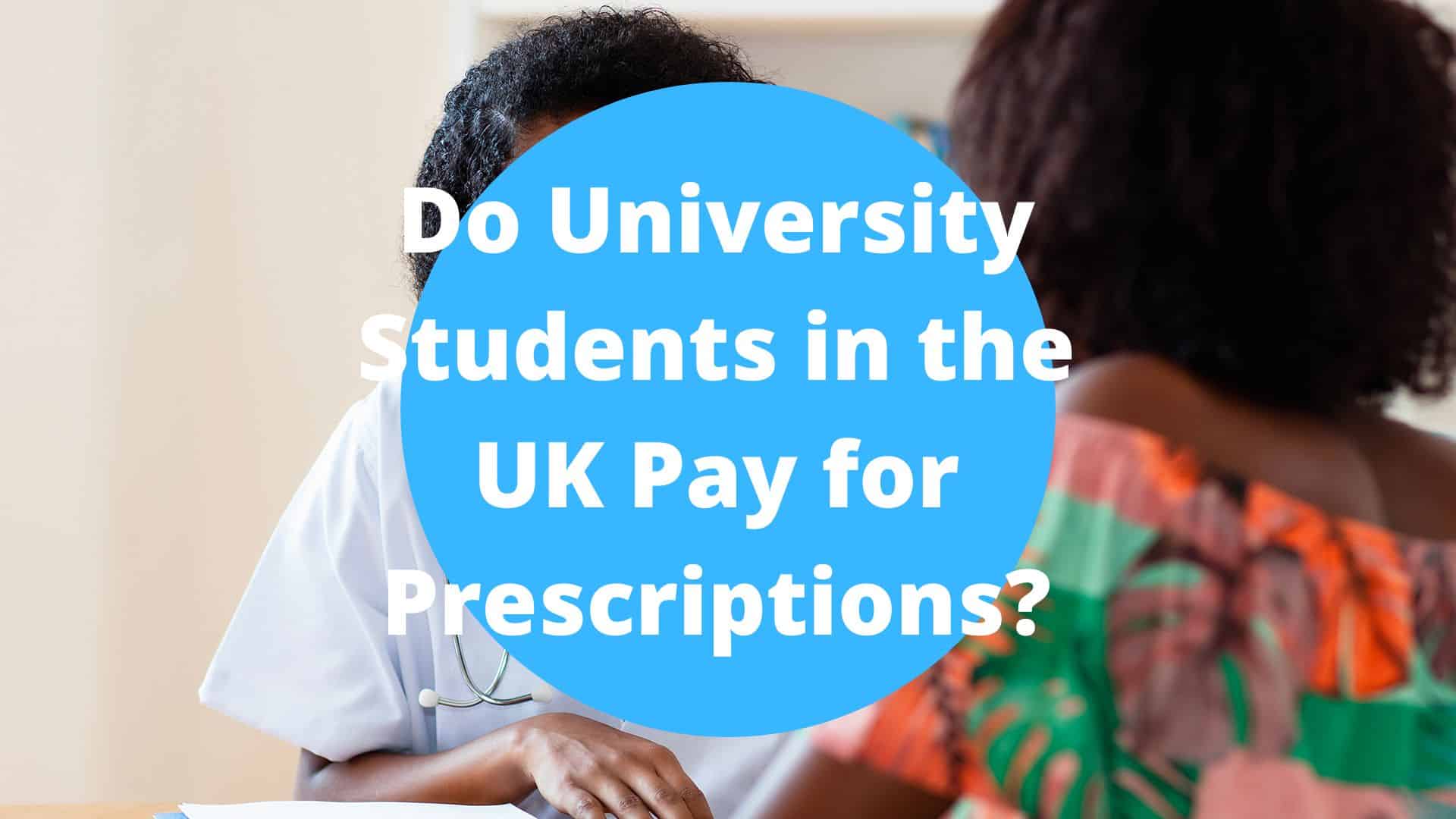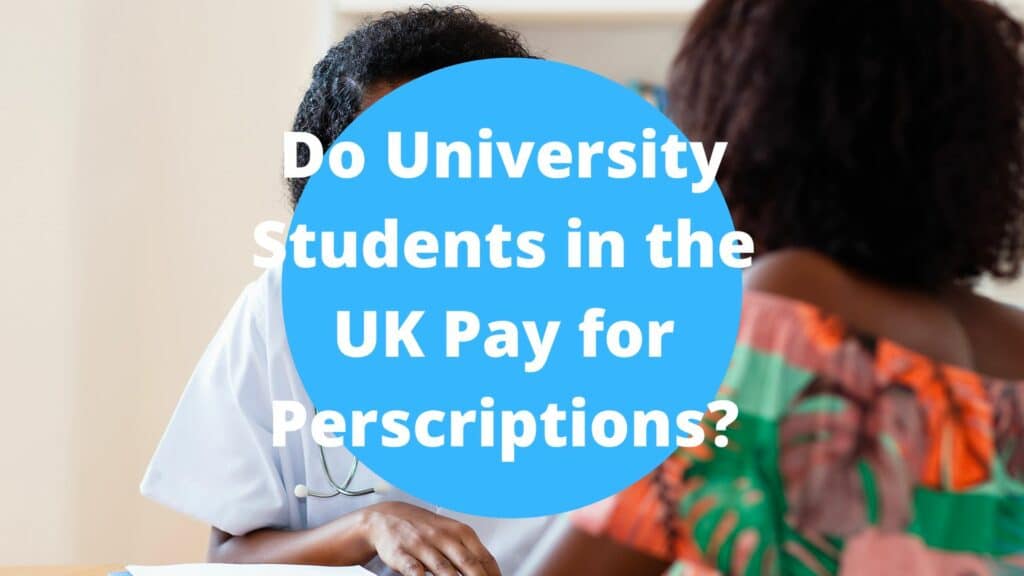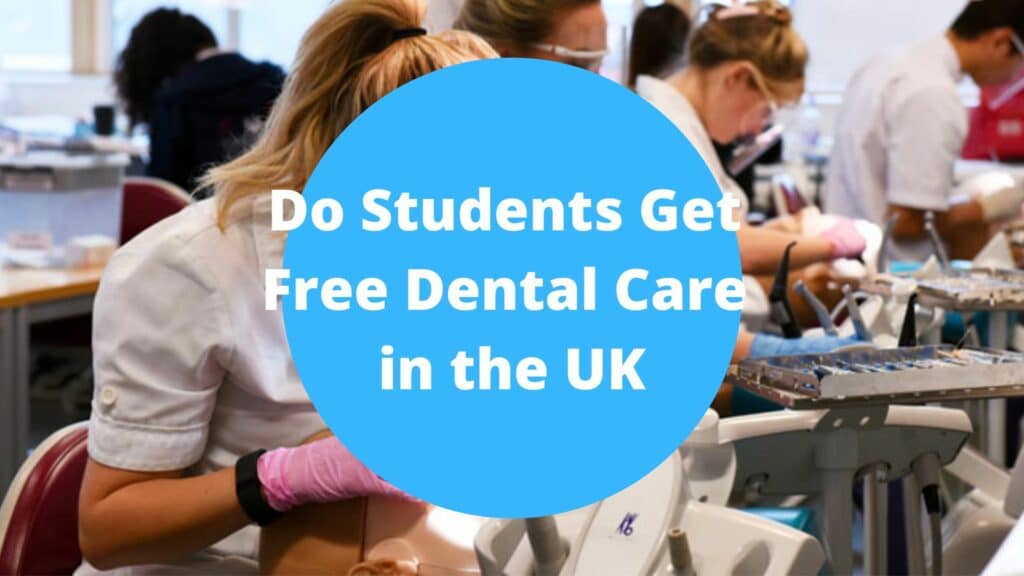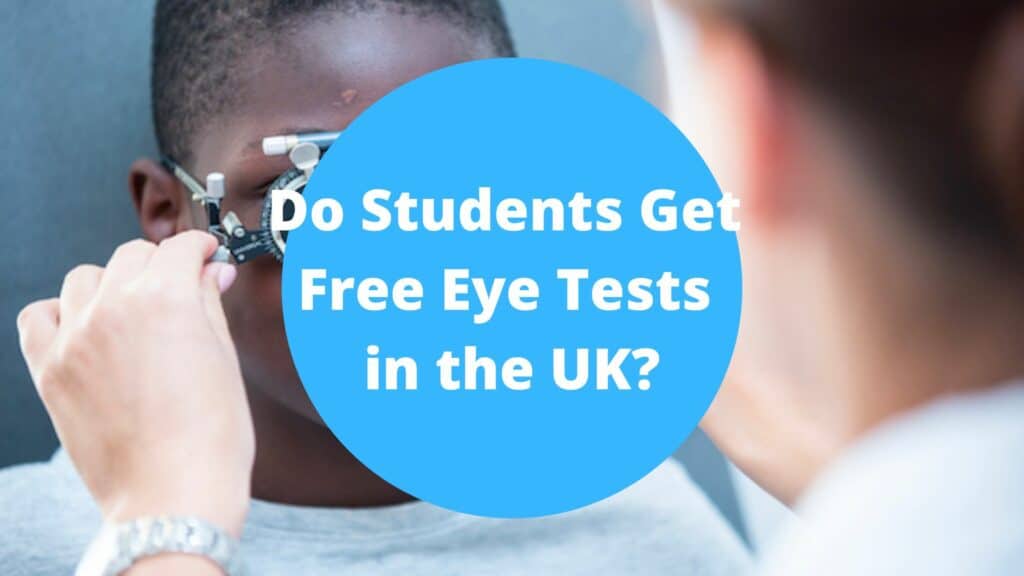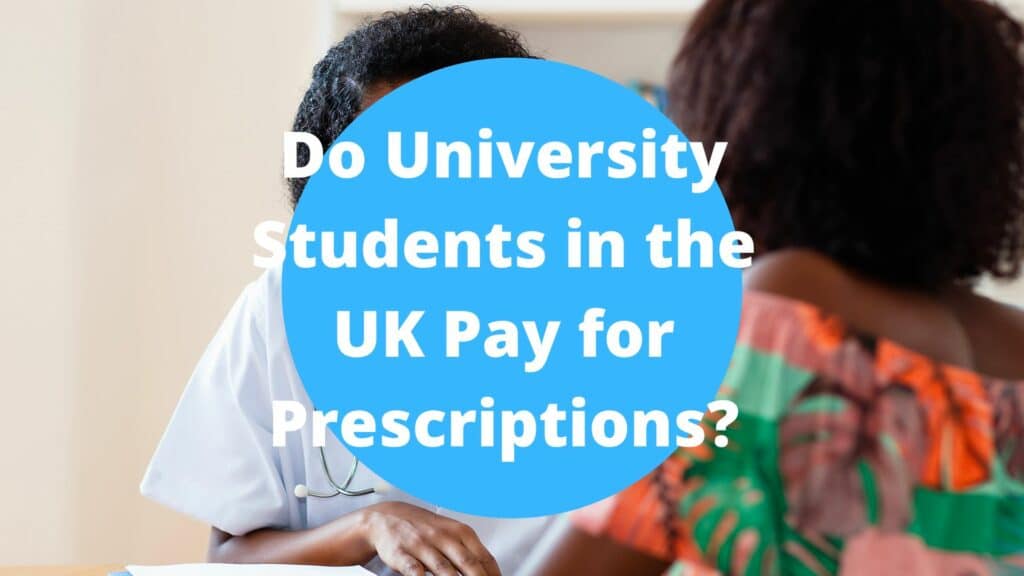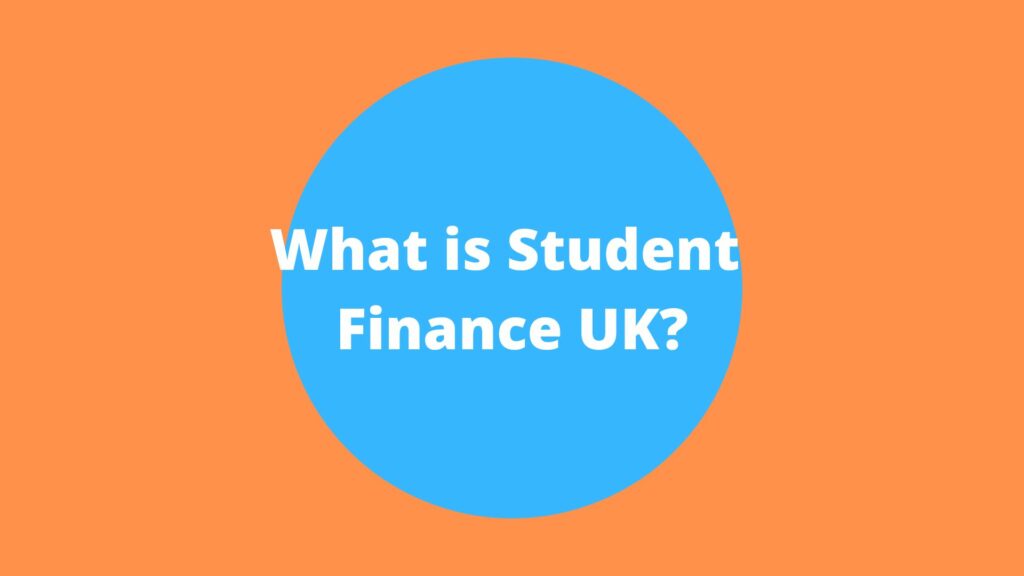Are you looking to find out more about if UK students pay for prescriptions? If so find out more in our guide now.
We look at who has to pay and any possible exceptions, find out more today about if students pay for prescriptions:
Overview of Students Paying For Perscriptions
For most university students in the UK, prescription charges apply. However, there are certain circumstances in which a student may be exempt from paying these charges. For example, if a student is under the age of 16 or between the ages of 16 and 18 and in full-time education, they are entitled to free prescriptions. This means that they will not need to pay the standard prescription charge when they receive medication prescribed by a healthcare professional.
In addition, if a student has certain medical conditions, they may also be eligible for free prescriptions regardless of their age. These medical conditions are known as “exempt conditions,” and they include conditions such as cancer, diabetes, epilepsy, and others.
Students with these conditions will need to apply for an exemption certificate to show to their pharmacist when they receive their medication.
For students who do not qualify for free prescriptions, the cost of prescription charges can add up over time. However, there are some ways for students to reduce their prescription costs. One option is to purchase a Prescription Prepayment Certificate (PPC). A PPC is a type of payment plan that covers the cost of all prescription charges for a set period of time. There are two types of PPCs: a 3-month certificate, which costs £30.25, and a 12-month certificate, which costs £108.10. Students who require regular medication can save money by purchasing a PPC rather than paying the standard prescription charge each time.
NHS Low Income Scheme
Another option for students who are on a low income or receive certain benefits is the NHS Low Income Scheme. This scheme provides financial assistance to help eligible patients pay for prescription charges, dental treatment, and other healthcare costs. To qualify for the scheme, a student’s income and savings must fall below certain thresholds, and they must provide evidence of their financial situation.
It’s important for university students in the UK to understand how prescription charges work and whether they are eligible for exemptions or other forms of financial assistance. Failure to pay prescription charges when required can result in fines or legal action. Students should talk to their doctor, pharmacist, or university health service if they have questions or concerns about prescription charges or their eligibility for exemptions or financial assistance.
Students in Scotland, Wales and Northern Ireland
Additionally, it’s worth noting that the system for prescription charges and exemptions may differ slightly in Scotland, Wales, and Northern Ireland. For example, in Scotland, all prescription charges were abolished in 2011, meaning that patients do not need to pay for their medication regardless of their age or medical condition. In Wales and Northern Ireland, patients pay a lower prescription charge than in England, and there are additional exemptions and financial assistance programs available.
Related Articles
You might want to check out some of our similar articles such as Do students get free eye tests in the UK and What other benefits do students get?
Also, check out our other health-related guides top retailers including both Boots student discounts and Superdrug student discounts.
- A Guide to Student Loans
- Best Student Bank Accounts
- Can a Student Get a Credit Card?
- Do Students Get Free Dental Care in the UK?
- Do Students Get Free Eye Tests in the UK?
- Do Students need a TV Licence?
- Do Students Pay Council Tax?
- Do University Students in the UK Pay for Prescriptions?
- How to Apply for a Free Student Bus Pass in the UK
- How to Apply for Student Finance in the UK
- How To Make Money As A Student - Part 1
- How to Make Money as a Student - Part 2
- How to Make Money Online as a Student
- Student Finance
- Student Finance in Scotland
- Student Finance in Wales
- Student Finance Northern Ireland
- The Top 10 Ways for Students to Save Money in the UK
- What are University Hardship Funds?
- What Benefits Can Full Time Students Claim in the UK?
- What is Student Finance UK?
